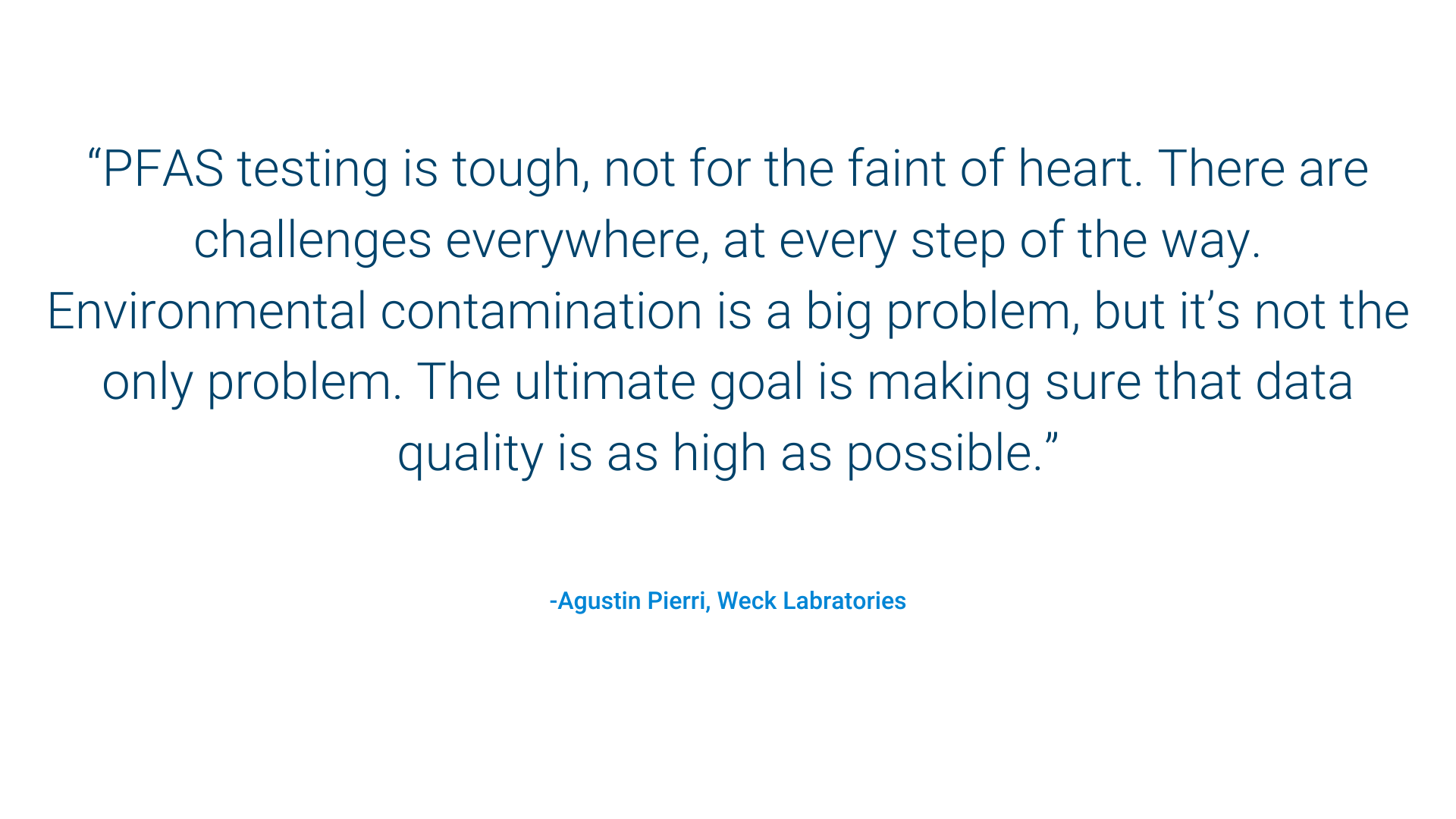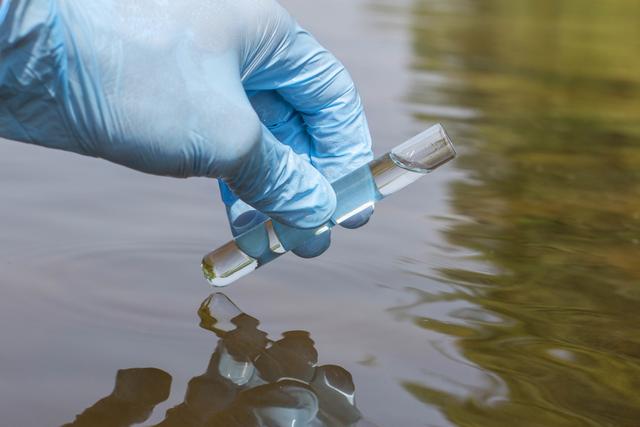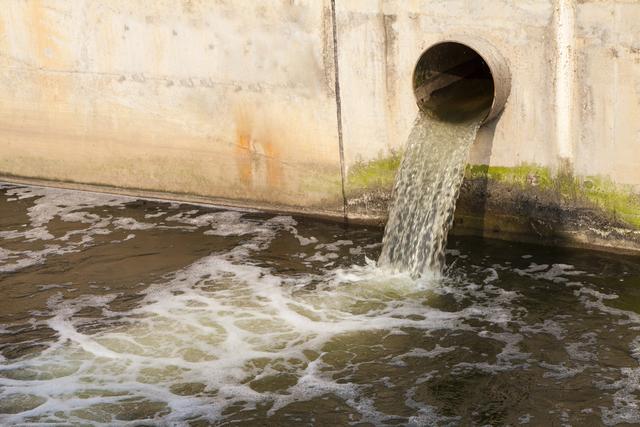
In this podcast, you’ll hear about the challenges and difficulties of analyzing PFAS compounds in environmental water samples, approaches to meeting the objectives of EPA methods, and recommendations on how best to increase productivity from start to finish with Agustin Pierri (Weck Laboratories, California, USA) and Agilent experts.

Water safety and quality must be guaranteed for the planet and population's health. Comprehensive water testing of regulated analysis of priority pollutants as part of a risk assessment program and safety & quality assurance of water is key to managing exposure to compounds such as PFAS.

With expert advice & support from the sampling to reporting; Agilent help you meet and exceed today's regulatory standards for the extraction, screening, quantification, and reporting - with the flexibility and capability for whatever tomorrow brings.

In order to protect the public's health, US EPA Method 1633 is a laboratory-validated procedure for testing for 40 PFAS compounds across nine compound classes in wastewater, surface water, groundwater, soil, biosolids, sediment, landfill leachate, and fish tissue.

US EPA Method 533, a solid-phase extraction (SPE) liquid chromatography/tandem mass spectrometry (LC/MS/MS) method to identify 25 target PFAS in drinking water.

In tested water throughout Europe PFAS have been found - as a result of pollution from the production and disposal. Updates to the EU Water Framework Directive are expanding the scope and challenge of PFAS analysis in water, sediment and biota.

For the analysis of 21 PFAS in non-potable waters, such as wastewater, ASTM Method D7979 is a validated direct-injection LC/MS/MS method.

Per- and poly-fluoroalkyl substances (PFAS) are found in various environments and require close observation to reduce their impact. Industries, from chemical manufacturing to biopharmaceuticals, are recognizing the urgency of PFAS testing protocols to control their processes and prevent unintentional contamination - to reduce exposure risk. .
PFAS testing is a collective responsibility across industries, paving the way for a safer, more sustainable future.
Visit our Contact page to connect with an Agilent representative. You can also sign up to receive the latest information from Agilent related to PFAS applications, including educational events, webinars, products and more.
DE-002718